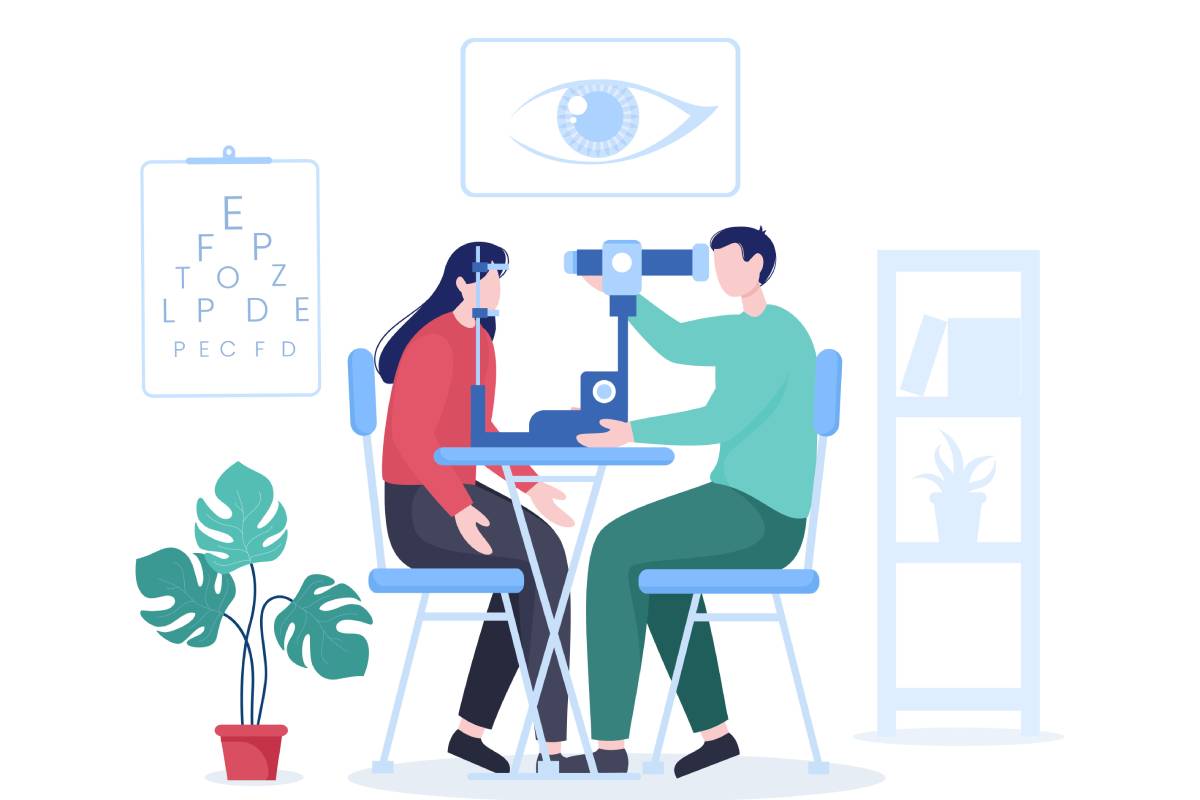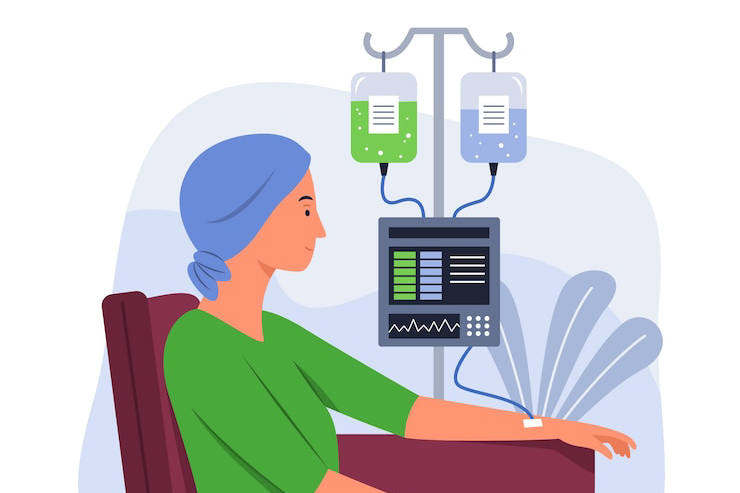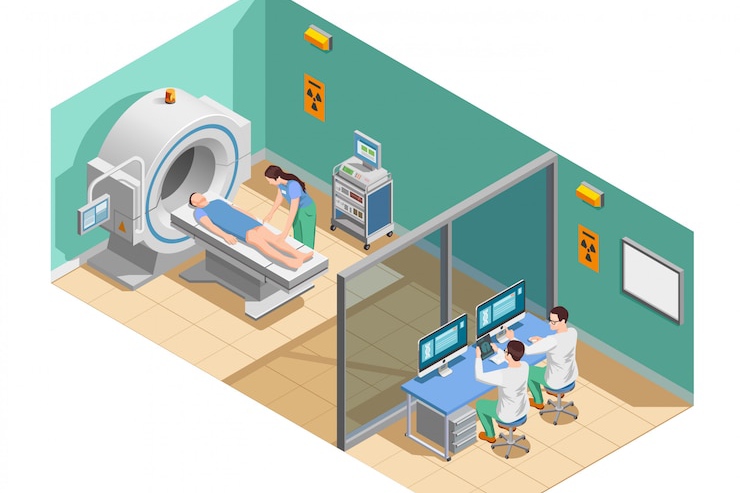
Visionary Care: Advanced Treatments in Eye Health and Ophthalmology
Vision is one of our most cherished senses, allowing us to experience the world around us. As we age or encounter various health conditions, our eye health can decline, impacting our quality of life. The Eye Department plays a crucial role in diagnosing, treating, and managing a wide array of eye-related conditions. Thanks to recent advancements in technology and medicine, patients now have access to innovative treatments that can significantly improve their vision and overall eye health.
In this blog, we’ll explore some of the advanced treatments in ophthalmology that are redefining eye care and providing patients with renewed hope for better vision.
The Importance of Eye Health
Eye health is essential not only for clear vision but also for overall well-being. Vision problems can affect daily activities, hinder job performance, and diminish quality of life. Regular eye exams are vital for detecting issues early, allowing for prompt treatment and management of conditions such as glaucoma, cataracts, macular degeneration, and diabetic retinopathy.
Unfortunately, many individuals overlook the importance of eye health until problems arise. With advancements in technology, there are now more options than ever to protect and enhance vision, making it crucial for patients to stay informed about the latest treatments available.
Breakthroughs in Eye Health and Ophthalmology
1. Revolutionary Cataract Surgery Techniques
Cataracts are one of the leading causes of vision loss, affecting millions worldwide. They occur when the lens of the eye becomes clouded, leading to blurry vision and difficulty seeing at night. Traditionally, cataract surgery involved large incisions and lengthy recovery times.
However, advancements in surgical techniques, such as phacoemulsification, have made cataract surgery quicker, safer, and less invasive. In this procedure, a small ultrasound probe is used to break up the cloudy lens, which is then suctioned out. This technique allows for smaller incisions and faster recovery, enabling patients to resume their daily activities within days. Additionally, the introduction of advanced intraocular lenses (IOLs) provides options for patients to achieve better vision at various distances, reducing their dependence on glasses after surgery.
2. Laser Vision Correction
Laser vision correction, including procedures like LASIK and PRK, has become a popular choice for those looking to reduce their reliance on glasses or contact lenses. These surgeries use advanced laser technology to reshape the cornea, correcting refractive errors such as nearsightedness, farsightedness, and astigmatism.
The latest advancements in laser technology have increased the precision and safety of these procedures. For instance, wavefront-guided LASIK creates a detailed map of the eye, allowing for customized treatment that addresses individual visual needs. With fast recovery times and high success rates, laser vision correction offers patients the chance to enjoy clear vision without the hassle of glasses or contacts
3. Ocular Gene Therapy
One of the most exciting advancements in ophthalmology is the development of ocular gene therapy. This innovative approach involves delivering healthy genes directly into the eye to replace or repair defective genes responsible for inherited retinal diseases, such as retinitis pigmentosa and Leber congenital amaurosis.
Gene therapy has shown promising results in clinical trials, with some patients experiencing significant improvements in vision. While still in the early stages of widespread implementation, this groundbreaking treatment has the potential to change the lives of those suffering from previously untreatable genetic conditions.
4. Advanced Treatments for Age-Related Macular Degeneration (AMD)
Age-related macular degeneration is a leading cause of vision loss among older adults. AMD affects the macula, the central part of the retina responsible for sharp, detailed vision. While there is currently no cure for AMD, recent advancements in treatment options have improved patient outcomes.
Anti-VEGF (vascular endothelial growth factor) injections are one of the most effective treatments for wet AMD, which is characterized by abnormal blood vessel growth in the retina. These injections help reduce fluid leakage and preserve vision. Additionally, new therapies are being developed to target dry AMD, including supplements with antioxidants and medications aimed at slowing the progression of the disease.
5. Smart Contact Lenses and Wearable Technology
The integration of technology into eye care is on the rise, with smart contact lenses and wearable devices emerging as innovative solutions for monitoring and managing vision health. These advanced lenses can provide real-time data on intraocular pressure, glucose levels for diabetic patients, and even deliver medications directly to the eye.
Wearable technology, such as augmented reality glasses, is also being explored for individuals with vision impairments. These devices can enhance the visual experience, providing greater accessibility and improved quality of life for those with low vision.
6. Telemedicine in Eye Care
The landscape of eye health and ophthalmology is rapidly evolving, thanks to groundbreaking advancements in technology and treatment options. From minimally invasive cataract surgery and laser vision correction to gene therapy and smart contact lenses, patients have a wide array of innovative solutions at their disposal. Maintaining eye health is essential for overall well-being, and with the right care and awareness, individuals can take proactive steps toward protecting their vision. Regular eye exams, staying informed about the latest advancements, and seeking timely treatment for eye-related concerns are crucial for achieving optimal eye health.
Conclusion
The landscape of eye health and ophthalmology is rapidly evolving, thanks to groundbreaking advancements in technology and treatment options. From minimally invasive cataract surgery and laser vision correction to gene therapy and smart contact lenses, patients have a wide array of innovative solutions at their disposal.
Maintaining eye health is essential for overall well-being, and with the right care and awareness, individuals can take proactive steps toward protecting their vision. Regular eye exams, staying informed about the latest advancements, and seeking timely treatment for eye-related concerns are crucial for achieving optimal eye health.
If you’re experiencing vision problems or are simply looking to maintain your eye health, don’t hesitate to consult with an eye care professional. With visionary care and advanced treatments, a path to better vision is within reach.



